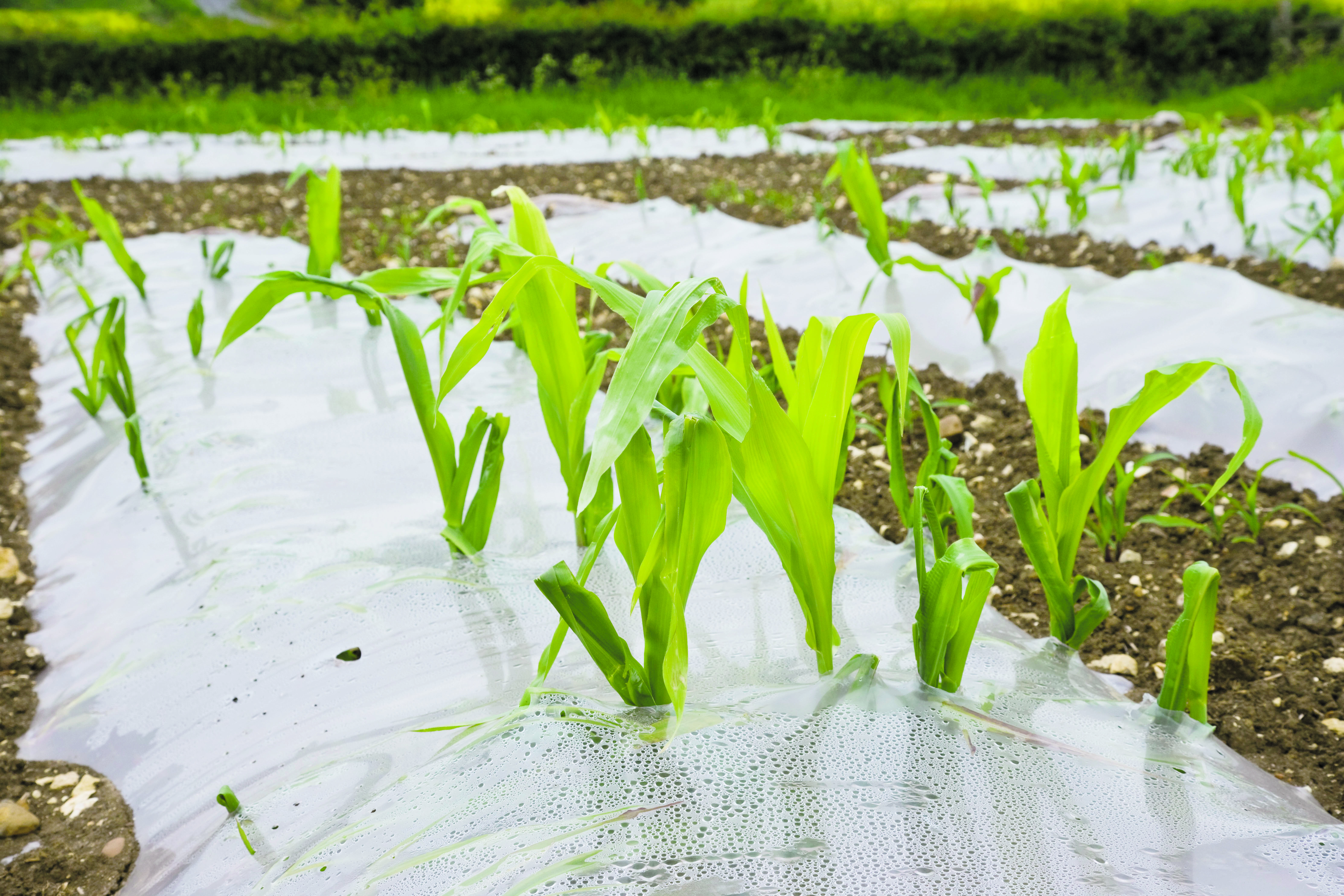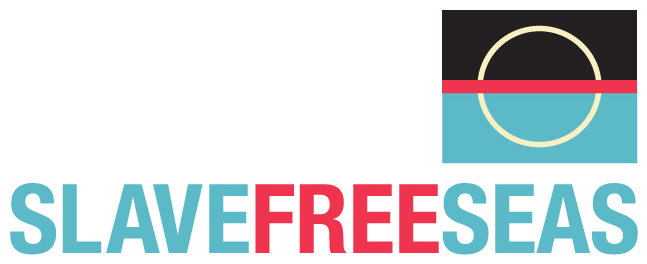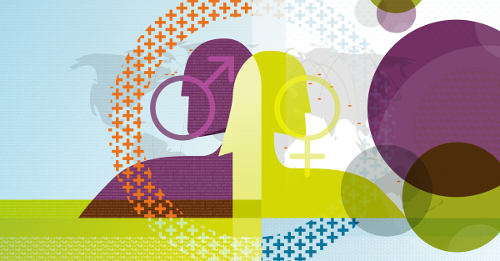Sustainability theory shows that the sustainability problem is a value orientation problem. In a recent study, Klaas van Egmond identified an underlying pattern of a crossed circle, representing affirmative and adversative value orientations, whose disintegration engenders unsustainable tendencies. This article explicates how Shakespeare's allegories invite to quests for ‘values worthy of pursuit’, grounded upon a similar immanent cyclical pattern of value orientations, moving from and to the centre of Shakespeare's works.
Critics claim that maize can cause unwanted environmental impacts. But supporters of the crop are able to show how by use of cover crops it can be grown responsibly, reducing or eliminating, for example, nutrient leaching and soil erosion. In south-west England, a Wessex Water project is using cover crops to protect and improve drinking water quality by working with growers whose farms surround boreholes and reservoirs that supply water for human consumption. Steps like this can contribute to SDG 6 to ensure sustainable management of water and SDG 12 to ensure sustainable production.
LexisNexis New Zealand and the Slave Free Seas Charitable Trust have created a free legal resource to assist advocates for victims of human trafficking, comprising practical information on advocacy and policy change. This guidance is essential for target 8.7 and the eradication of forced labour, modern slavery and human trafficking, as well as SDG 16.3 and access to justice.



